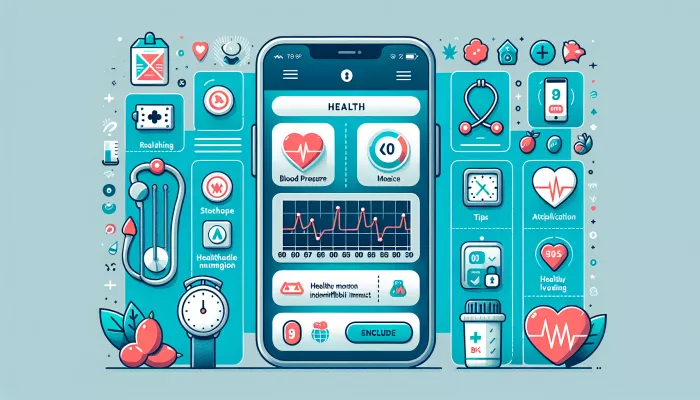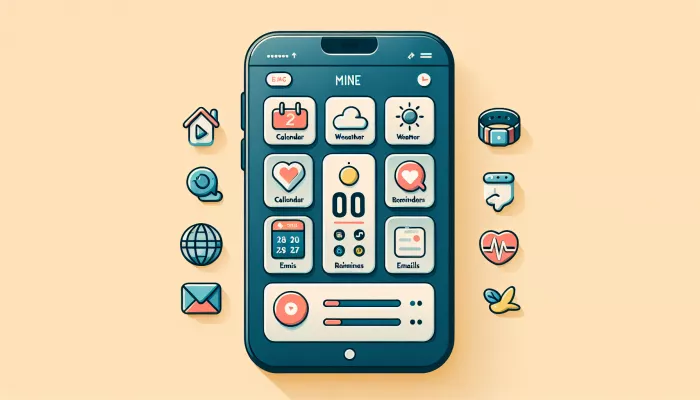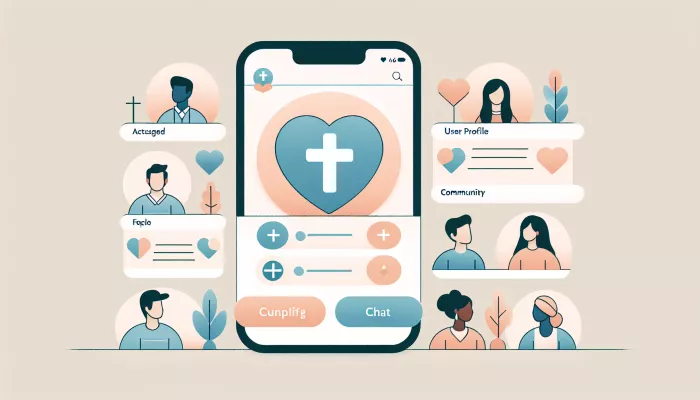A financial education is an essential skill for anyone who wants to achieve stability, independence and quality of life.
More than just learning how to handle money, it's about developing the ability to take conscious decisions on how to spend, save and invest.
In this article, we'll explore the main concepts of financial education, digital tools that can help in the process and practical ways to apply this knowledge in everyday life.
What is Financial Education?
First of all, it's important to understand that financial education isn't just about mathematical calculations or controlling spending.
It involves understanding how money works and how it can be used strategically to achieve personal and professional goals.
The main pillars of financial education are:
-
Understand how money works: Money is not only a means of exchange, but also a measure of value.
-
Understand how it is earned: It involves knowing the sources of income and how they are taxed.
-
Spending responsibly: Know how to differentiate between essential and superfluous expenses and avoid unnecessary debts.
-
Learn to save and invest: Understanding the effect of time and compound interest in the formation of assets.
Financial Education and Technology
Nowadays, technology is a great ally when it comes to managing money.
There are several financial control apps which help to organize accounts and plan for the future.
Mint
O Mint is free of charge and connects automatically to bank accounts, cards and investments, offering a real-time financial overview.
YNAB (You Need a Budget)
O YNAB is another popular app with a focus on budget. It helps to ensure that you never spend more than you earn and even offers recursos educacionais to develop financial discipline.
➡️ In addition to these, tools such as Personal Capital also help in the management of long-term investments.
Financial Education Goes Far Beyond Money
More than controlling numbers, financial education is about freedom.
-
Freedom to choose where to work.
-
Freedom to seize opportunities.
-
Freedom to live on your own terms.
Like any learning process, it requires time, patience and persistence. But with consistency, the benefits are transformative.
Effective Ways to Implement Financial Education
Once you know the basics, it's time to put financial education into practice. Here are some effective ways:
1. Make a Budget
First of all, record all monthly income and expenditure. A clear budget shows where your money is going and helps you identify possible cuts.
2. Save for the future
Next, set long-term goals, such as retirement or children's studies. To do this, use high-yield savings or investment funds.
3. Avoid unnecessary debt
Another fundamental point is to avoid excessive use of credit. Whenever possible, pay cash or save money for larger purchases.
4. Understand Your Investments
If you decide to invest, make sure you know the risks and benefits of each option. Financial education is also about knowing exactly where your money is being invested.
5. Use Digital Tools
Applications such as Mint, YNAB and Personal Capital make the process much simpler, helping to track expenses and control financial goals.
6. Invest in Continuing Education
Finally, never stop learning. Blogs, podcasts, courses and books bring updated strategies that can make a difference to your financial planning.
Financial Education and Transforming the Future
In the long term, applying financial education brings benefits that go far beyond saving money.
Positive Impacts
-
Financial independence: By spending less than you earn and investing the difference, you get closer to financial freedom.
-
Debt prevention: With discipline, you can avoid falling into the traps of easy credit.
-
Achieving Objectives: Goals such as buying a house, traveling or retiring early become possible with planning.
Resources to Keep Learning
-
Khan Academy: free finance courses.
-
Mint and YNAB: budget and expense management.
-
Personal Capital: ideal for those who are already investing.
Conclusion
A financial education is a journey that starts with small steps but brings gigantic results. It's not just about numbers, but about freedom, choices and quality of life.
By implementing habits such as budgeting, saving, avoiding debt and investing consciously, you'll be building a solid future and prepared to take advantage of every opportunity.
Start applying these principles today and transform your relationship with money.






